The Övide Hoard
German (1–2) and English (3) coins became more common in Scandinavia from the late 10th century onwards. Most of these came here through trade. But some of the coins came from Viking raids – the English had to pay huge sums so that they would not be plundered.
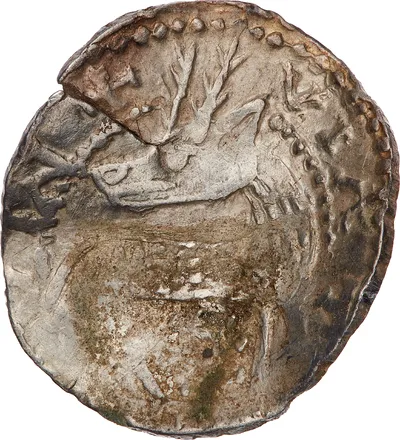
, Object number1
Pfennig, Holy Roman Empire, Visé, circa 1076–1091
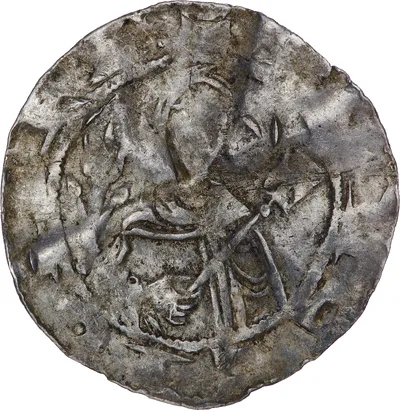
, Object number2
Pfennig, Holy Roman Empire, Quedlinburg, circa 1110–1125
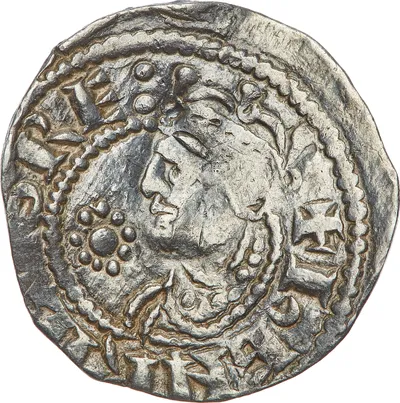
, Object number3
Penny, England, Henry I, 1100–1135
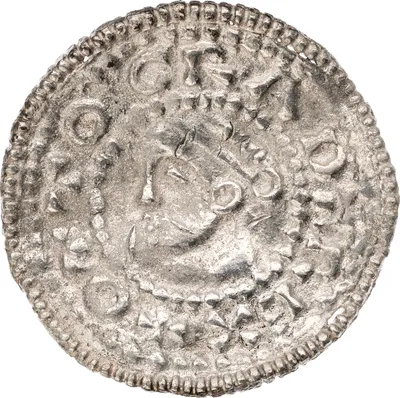
, Object number4
Ornamental bracteate, Holy Roman Empire, 11th century
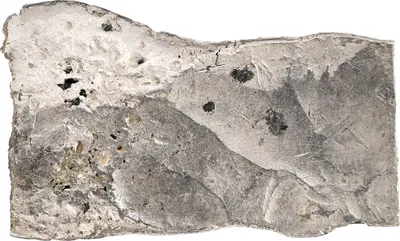
, Object number5
Grivna, Novgorod area, circa 1000–1150
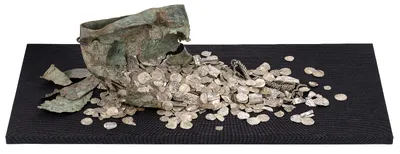
, Object number6